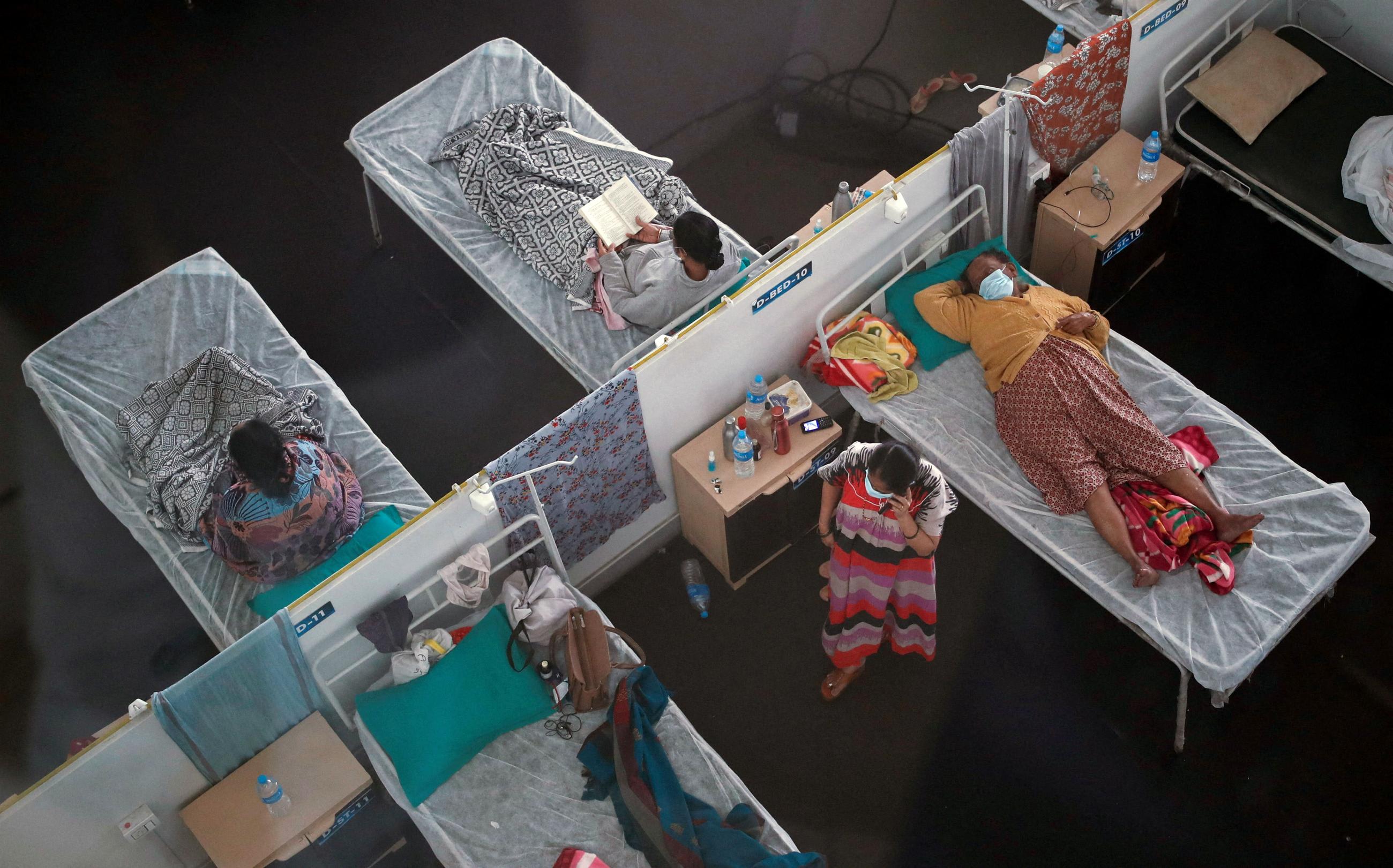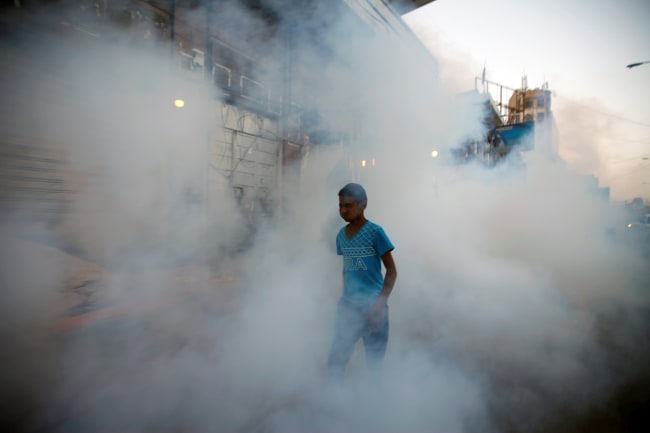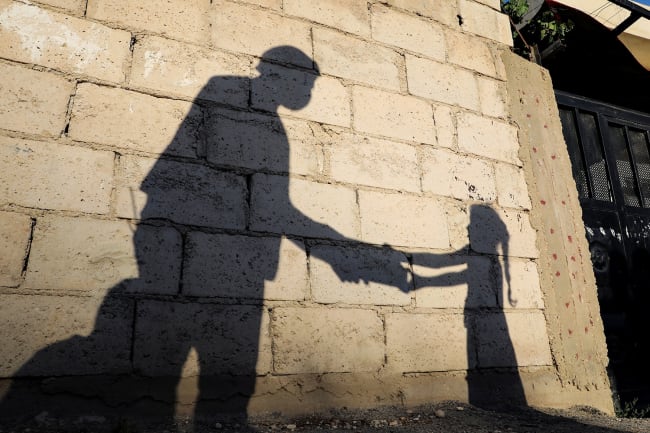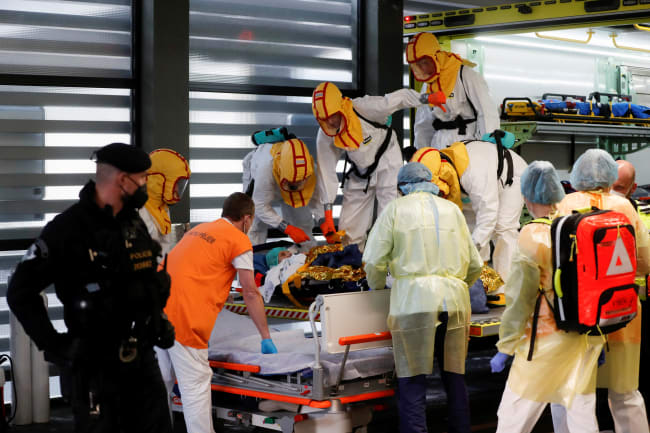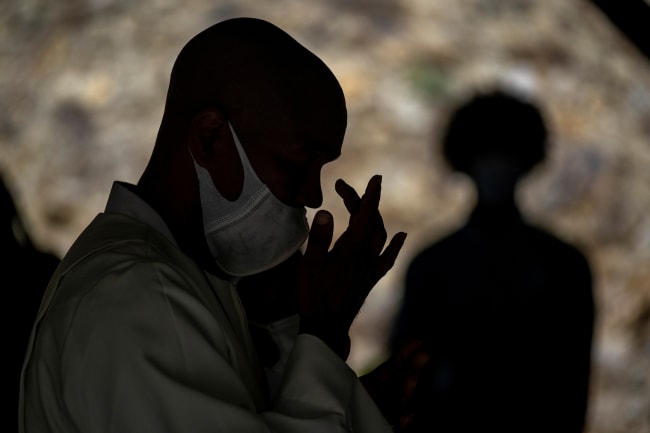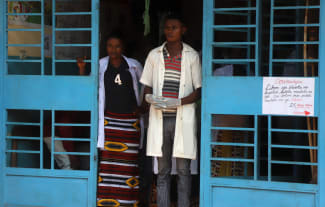Recently, two Harvard economists, David Cutler and Edward Glaeser, proposed a new global health governance structure, one modeled on the structure of the North Atlantic Treaty Organization (NATO). They made some compelling points about the critiques and trajectory of global health governance architecture, but the crux of the article misses the mark by reinventing the wheel instead of addressing the root of the biggest challenges that global health security governance faces today.
Questioning a "NATO for Health" Approach
The argument for a new global health governance architecture modeled after NATO is based on some sound observations. For example, the authors note that the World Health Organization (WHO) has struggled to effectively and efficiently orchestrate an international response to the world's most pressing infectious disease threats, including those classified as "public health emergencies of international concern." This reaction is in line with the popular belief that the WHO has failed in its responsibility to respond to most public health emergencies.
The authors then propose a new global health governance architecture modeled after NATO, providing three central tenets around which it should be designed. But the proposal deals with symptoms instead of disease. It fails to recognize the systemic limitations that leave the WHO incapable of carrying out its "impossible mandate," which describes its ever-growing list of responsibilities, including caring for migrants in camps, combating antibiotic resistance, and keeping emerging infectious diseases at bay. The WHO must balance an increasingly large mandate with increasingly limited power. In the current international state system, the will of the state reigns supreme, which means that the WHO is at the mercy of the policies of every single government around the world.
The WHO must balance an increasingly large mandate with increasingly limited power
In order to continue to operate successfully, the WHO needs all governments to participate willingly, actively, and cooperatively. This means that every move made by the WHO has to be carefully calculated so as not to upset national governments, or risk alienating certain states and triggering a breakdown in international health cooperation.
The three-point plan for "NATO for Health" ignores lessons already learned by global health governance experts. First, countries have already agreed on a variety of public health standards and goals related to the spread of infectious disease and more broadly. The International Health Regulations (2005) (IHR), for example, charts a path for countries to individually and collectively bolster their public health preparedness, and encourages growth along these lines through the Joint External Evaluation (JEE) tool, which measures preparedness across a variety of subsectors. While it is criticized by scholars, IHR is still an example of why merely agreeing to build toward and monitor public health standards is not sufficient. The prospect of creating an in-group and out-group by sanctioning standard violators is intriguing, as it seeks to create a mechanism by which to deter malign actors. However, as we have seen time and time again, punitive sanctions alone have not necessarily prevented states from pursuing hostile actions.
WHO funding is also a complex topic that has seen renewed discussion after recent crises, such as the 2014-2016 West Africa Ebola epidemic. After a cash-strapped WHO struggled to effectively respond to that Ebola epidemic, the World Bank created the Pandemic Emergency Financing Facility (PEF), which was touted as a cutting-edge pandemic emergency financing mechanism based on catastrophe bonds and private swaps to high-power investors. Although the PEF raised a hefty investment, experts criticized its narrow payment rules for being too restrictive with payments to countries, potentially preventing timely and sufficient outbreak response financing. This indeed became the case during the COVID-19 pandemic, and the PEF shutdown in April 2021.
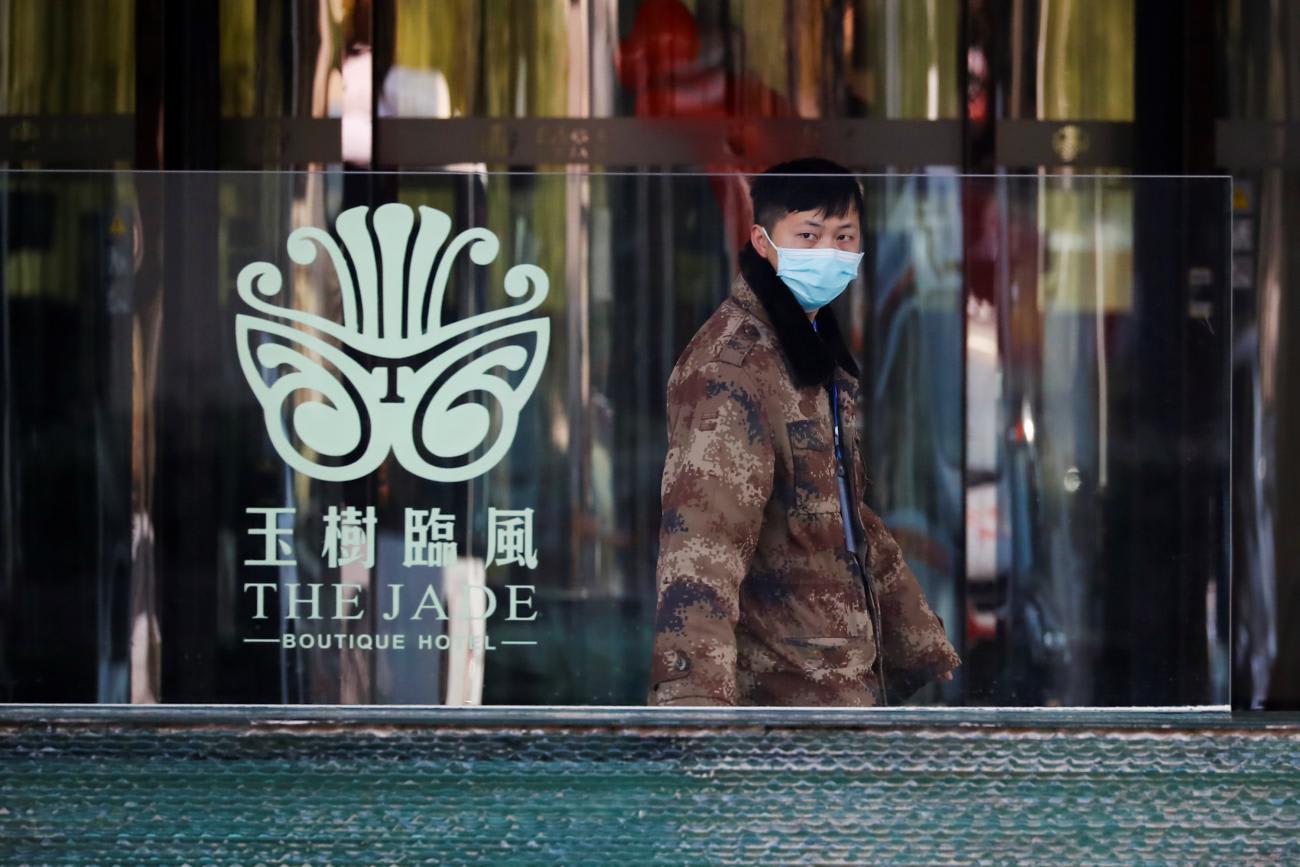
Finally, no international public health decision is apolitical. In public health emergencies, decision making around quarantines, travel bans, and other limitations revolve around basic political questions, including: who has the right to medical care? The right to movement? The right to health? And, yes, the right to life? Global health security decision making isn't too political, it's not political enough. To the scientific decision-making bodies guiding WHO, we should add experts in international relations, anthropology, and other social science disciplines who can help WHO leaders tease out the nuanced societal and political impacts of different types of decisions.
One of the most striking omissions from Cutler and Glaeser's article is the rationale for modeling a new global health governance organism after NATO. Since its creation in 1949, NATO has served as an organizational forum that enables members of the North Atlantic Alliance to consult and cooperate on defense and security-related issues to solve problems, build trust and, throughout decades, prevent conflict. However, it is unclear how the authors draw from these principles to propose their "NATO for Health" plan.
Reimagining Global Health Security Governance
So, if "NATO for Health" isn't a strong plan, what is? Surprisingly, returning to NATO makes for a strong start. NATO's principle of collective defense—committing members to protect each other—is shaped by a spirit of solidarity between them, not the other way around. This solidarity materialized in the immediate aftermath of war and the threat of an imminent renewal of nuclear conflict.
Collective defense—committing members to protect each other—is shaped by a spirit of solidarity between them, not the other way around
While NATO is highly regarded for being a multilateral institution that has outlived some of its geopolitical context—notably the Cold War period—it still faces a number of challenges that will determine the alliance's direction. Its leaders have different views on Russia, terrorism, and European security, which illustrates that it is not simply a consensus-based institution, but rather, it has always dealt with feud, negotiation, and compromise.
In fact, adaptation and renewal have always been an integral part of the alliance. To overcome its periodic challenges, the alliance has always relied on its greatest strength: the solidarity between its members. The only time Article 5 was triggered, for instance, was in solidarity, a response to the 9/11 terrorist attacks against the United States. "NATO for Health" proposes a skeleton for cooperation without the intricacies of existing geopolitics—an alliance for health without members.
Today, a catastrophic pandemic like COVID-19 could be a new starting point for solidarity globally. Creating a new "NATO for Health" alliance with an in-group and an out-group is dangerous because it eliminates solidarity between members and non-members. Instead, states should focus on remedying the underlying problems in the global health governance space, such as the aforementioned ones: WHO's limited power in the realist state system, its lack of sustainable funding, and its lack of nuanced political expertise. But most importantly, it should address the problem of lack of solidarity. Activists and scholars from around the world have decried the highly unjust response to the COVID-19 pandemic, noting how vaccine inequality and travel apartheid have further polarized the global health climate. If we are to truly pursue a new model of global health security governance, it should prioritize unity in solidarity among nations and the people global health seeks to defend.
